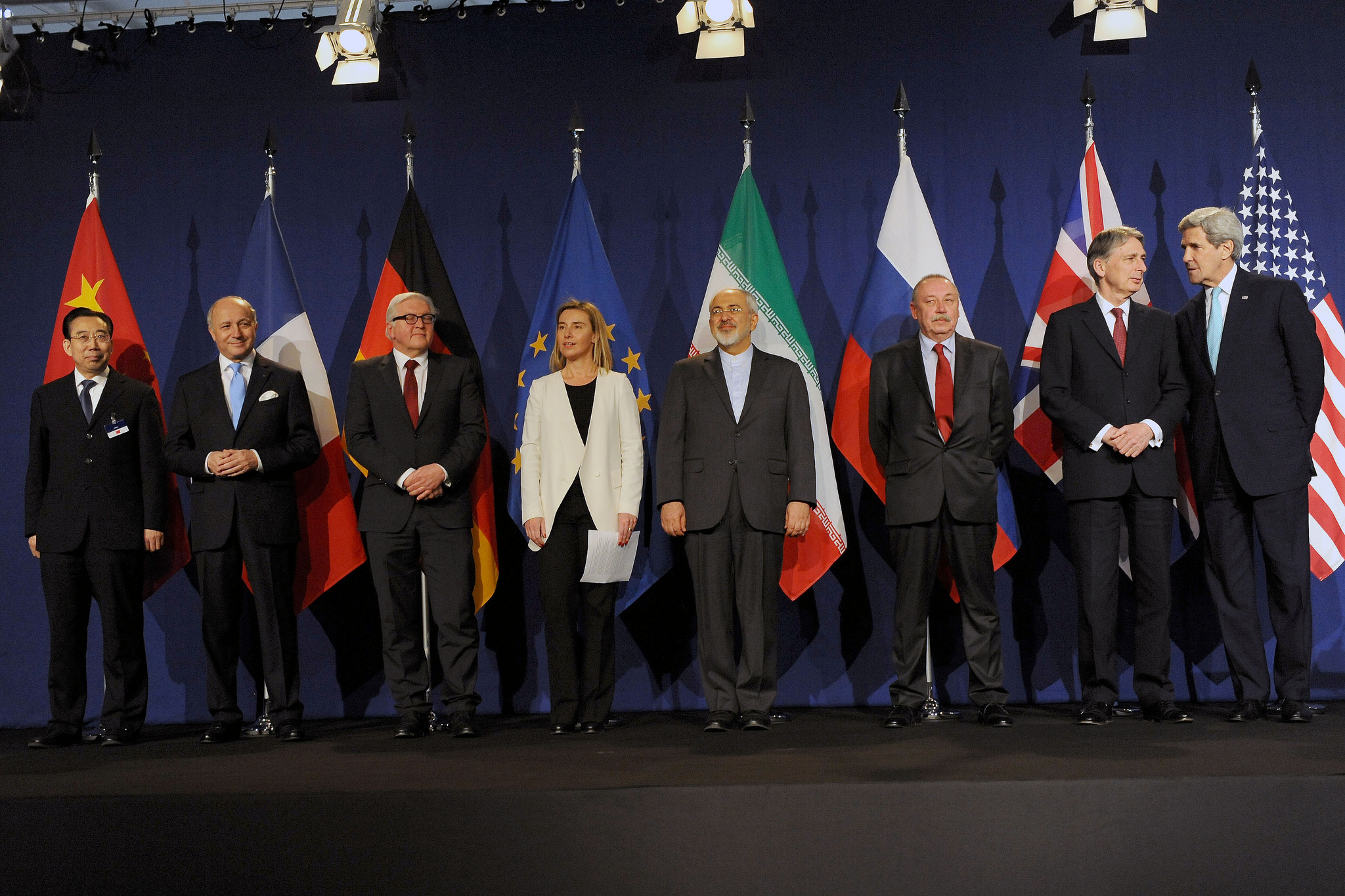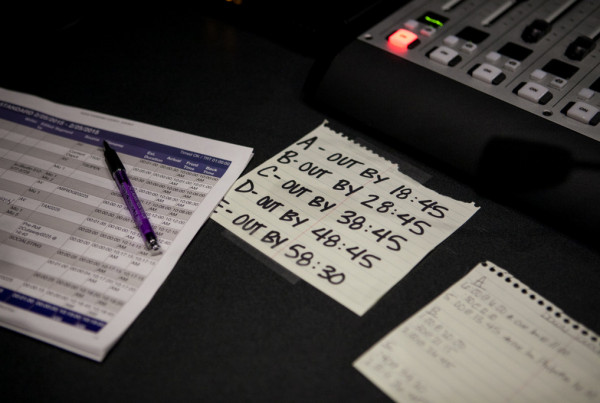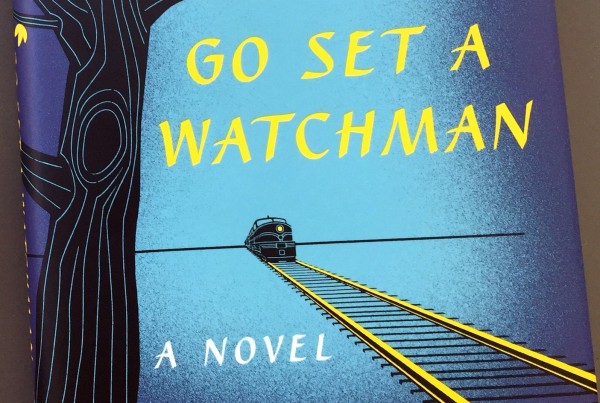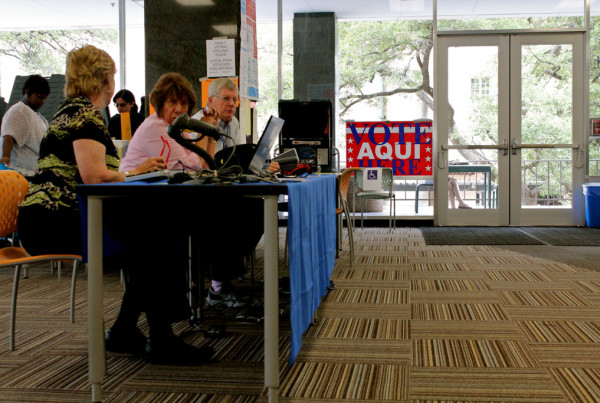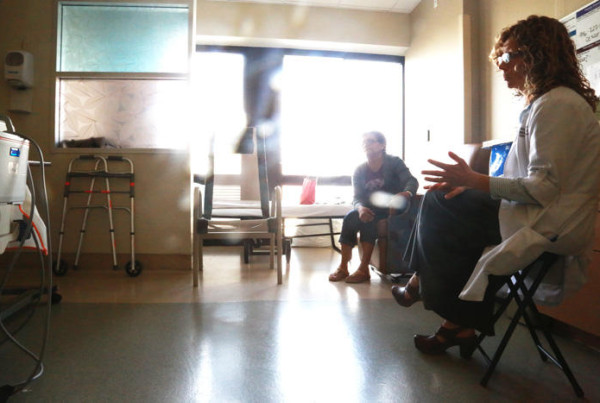President Obama says it’s not about trust, it’s about verification. The landmark nuclear deal with Iran still has to win the approval of lawmakers in the U.S. as well as in Tehran. Texas Standard’s David Brown talks with Ryan Crocker who served as ambassador to several countries in the Middle East and is currently the Dean and Executive Professor at the George Bush School of Government and Public Service at Texas A&M University.
Crocker on whether or not the deal will rein in Iran’s nuclear program:
“It is far better to have this agreement than not to have it,” Crocker says. “Perhaps most important, simply, is the Iranian affirmation that under no circumstances will they ever seek, develop, or acquire any nuclear weapons because this is an international agreement. It’s not just the U.S. and Iran. You’ve got four other world powers that are part of this.”
What if Iran cheats?
“They’re going to do that in the full glare of the world’s spotlight and I don’t think they’re going to want to do that. I think this is a good thing. Not a perfect thing but a good thing,” Crocker says.
Is Congress likely to approve the deal?
“There is going to be, as the President forecasted this morning, a robust debate to say the least,” Crocker says. “This agreement should be carefully and publicly scrutinized. The American people deserve that and it’s going to happen. I think at the end of the day we’re going to conclude we’re better off with it than without it. The alternatives are not very good.”
So, the U.S. and Iran can do a trust fall together now, right?
“There’s nothing about this agreement that says we’re suddenly climbing into bed with the Iranians. There’s a lot in here about verification. There isn’t a lot on trust because there isn’t much trust,” Crocker says. “We’ve got enough mechanisms here to assure ourselves we’re going to know if they cheat.”


